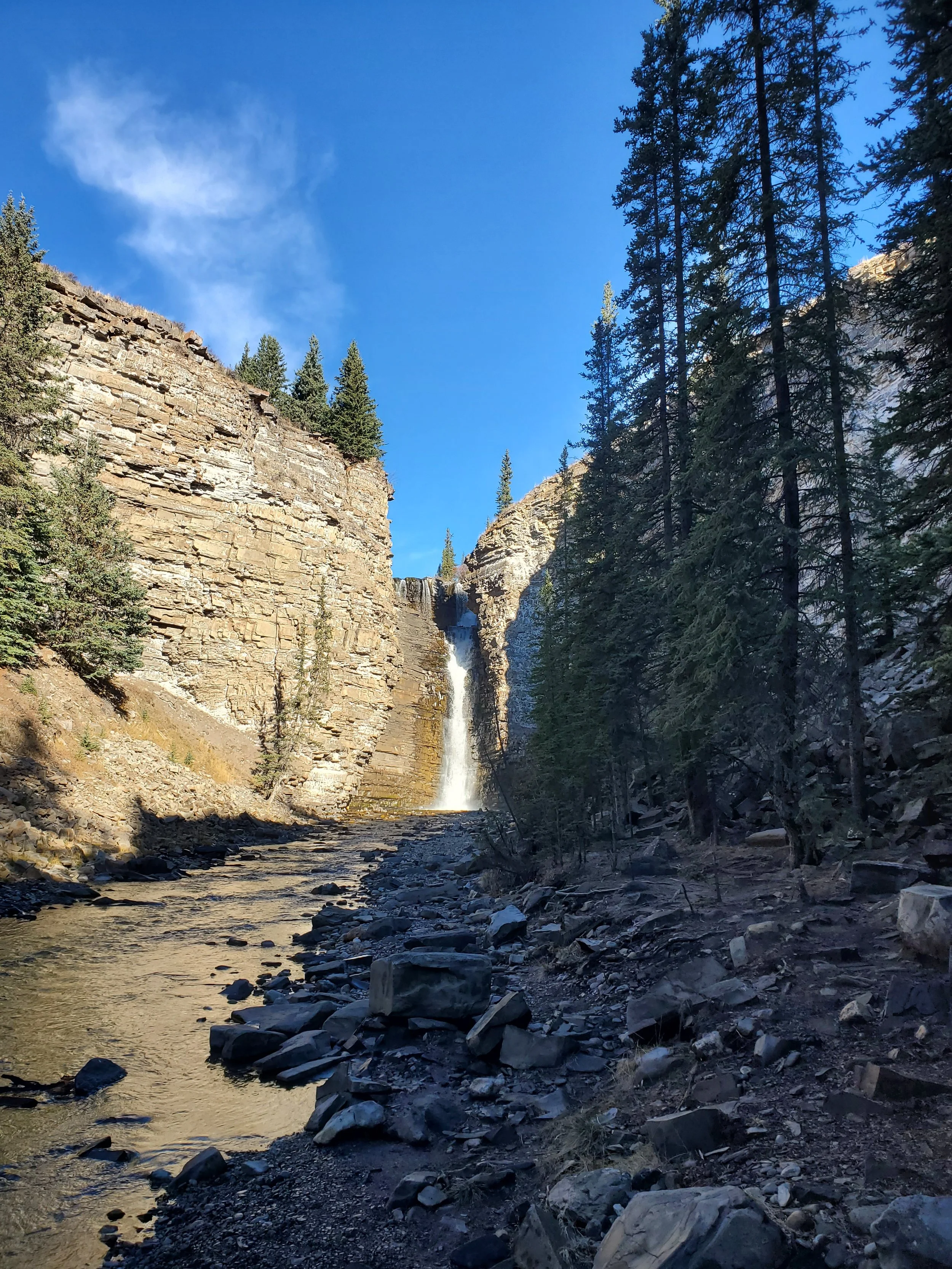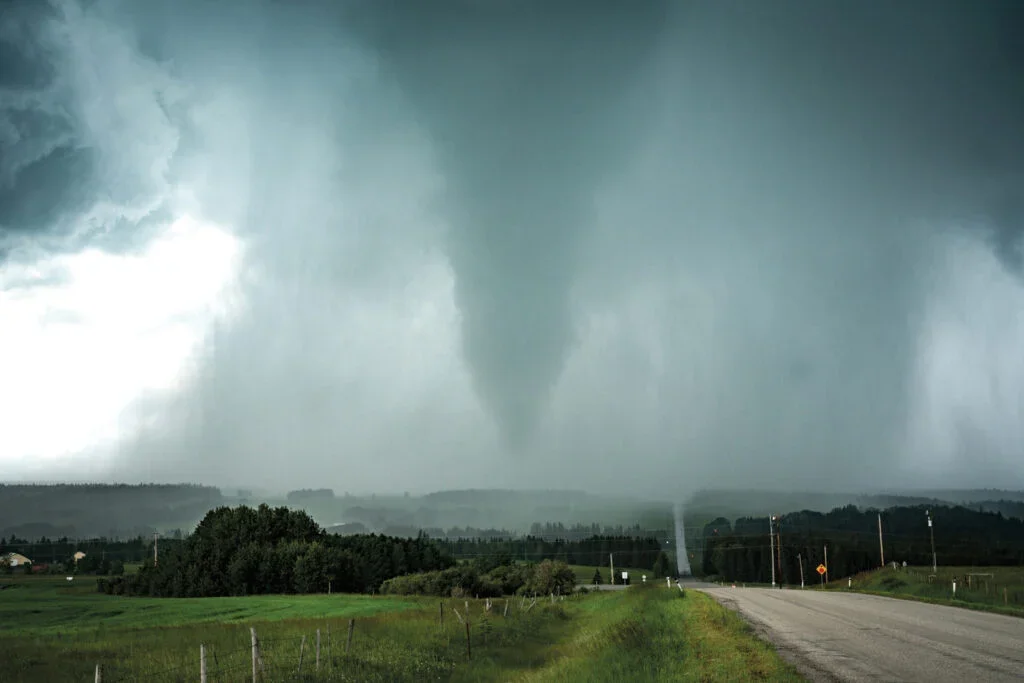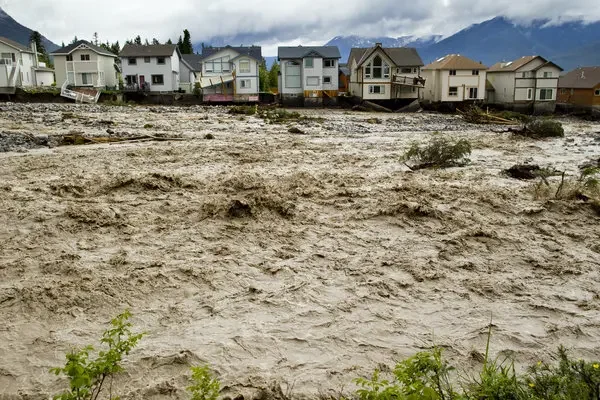CRASH responders will bring decades of direct emergency response experience and a deep commitment to the fire-rescue service. They will be locals who both live and respond in the region as paid-on call firefighters and SAR volunteers. They will already be intimately familiar with the region’s terrain, hazards, challenges, and responses. Guided by their passion for saving lives and protecting public safety, they will bring the highest level of professional response capabilities and knowledge to scene and participate however they can best improve the response or where they are most needed. They are only present to add depth of capacity, capabilities, and expertise to a response situation, not to replace other agencies.
They intend to provide this service to all of the region and its existing first response agencies at NO COST. The CRASH Team is registering as a non-profit organization and its crew will use donations only to provide their services.
Our Services
Emergency Response
Specialized Training
Local Preparedness

The CRASH Team will be specially trained and equipped to respond to uniquely challenging emergency situations that can be especially complex and/or dangerous for all first responders. These situations often involve:
Rescues and patient extrications in highly technical and challenging environments including rapidly flowing remote rivers, debris-filled swift water flood waters, narrow vertical canyons experiencing flash flooding.
Rescues, medical interventions, and extrications from deep ravines and vertical cliffs (often requiring rope access and involving vehicles with trapped people and/or large animals)
Rescues and response interventions during inclement weather events, at night in darkness, with limited or no additional support available, and with unknown complicating factors.
Stabilization, rapid location, and rescues/extrications from collapsed buildings, debris slides or rock falls, or unstable tornado impact zones.
Rapid fire interventions and evacuation of people from fast moving wildland fires and wildland urban interface fires.
Responses involving dangerous wildlife such as bear attacks
Responses into remote and complex terrain including mountainous backcountry during inclement weather
Responses requiring advanced medical interventions in the field without EMS/STARS support
Mass Casualty Incidents including tornadoes, floods, fires, vehicle accidents, intentional acts, other accidents, etc.
These types of emergency situations, and many others, are occurring with greater frequency in the remote west-central region of Alberta. This is why this team of fire-rescue professionals will be tactfully located in the heart of this high-hazard region, ready to respond immediately and assist with their unique and targeted skillsets 24/7.
Emergency Response Services
The CRASH Team will also be fully qualified, prepared and available to potentially assist in routine fire-rescue emergency responses such as:
structure and vehicle fires
ice and swiftwater rescues
medical first responses
wildland fires
motor vehicle accidents
rescues
all other fire-service calls
This would depend on the request and require formal arrangement, but could benefit fire departments and other emergency response agencies when local they are over-extended (which can happen on busy days, staffing challenges, or large-scale incidents) by:
providing additional personnel resources, fully trained in all NFPA and fire service courses.
improving response times (the Team can deploy within 60 seconds from station; compared to 8 minutes average for volunteer responders; or 1 - 6 hours for specialty responders)
The small team of fully qualified firefighters and rescue specialists aims to be available full-time to assist local emergency response agencies including Fire Departments, RCMP, EMS and other agencies including STARS, SAR, Parks Canada, COs and Wildlife Officers whenever their expertise and skillsets could be useful.
The CRASH team will maintain skillsets in both professional firefighting and more technical fire-rescue disciplines that will target specific hazards in the region. More and more frequently, responses complexities and severe hazards require capabilities beyond those currently readily available in the region - these are the skills the CRASH Team targets specifically retain for use in the region.
Advanced capabilities will include:
Advanced flood and swiftwater rescues (including night and canyon operations, extreme whitewater and class IV rapid rescue swimming, submersed vehicle stabilization, access, and rescues in extreme waterways).
Rescue boat operations (including rescuer and casualty pick offs) in technically challenging waterways, extreme whitewater and class IV rapids, including night operations.
Complex extrications including vertical terrain, collapse zones, and in unstable vehicles, rubble and slide debris using heavy rescue equipment, lifting and extrication tools.
Wildland urban interface fire tactics - to provincial task force leader level, involving rapid evacuations, fire suppression and mitigation tactics, and wildfire command skills.
Vertical, confined space, and mountain-terrain rope rescue technician skills and tactical operations, including NFPA 1006 certification, to operate in unstable terrain and move casualties and equipment.
Large scale multi-casualty incident response, triage, coordination and command.
Advanced field medicine and custom skills (penetrating wounds, crush injuries, environmental injuries, etc.) with medical director control and focus on advanced interventions in extreme environments.
Shoring, navigating and operating in unstable structures for extrication and rescues.
Mountain terrain navigation and access including rock and ice climbing, boat, ground and air access.
These are skills that are imperative when needed, but are not always practical for local agencies to obtain and maintain. The CRASH Team will be able to offer these capabilities for free to local resources when they are needed most to improve patient outcomes and responder safety.
Specialized Training
The CRASH Team will bring its unique capabilities and targeted skillsets to the west-central Alberta region, where they are currently not available but are often needed most. - especially out in the rugged rocky mountains.
The Team will use donations to continue to obtain, maintain, and practice advanced training, continuously refining those more complicated and detailed response tactics. By being full-time employees, with no alternative jobs to split time between, and dedicated work time for training, Team members are able to constantly improve their capabilities - making sure they are leaders in their profession and disciplines.
Often training courses are expensive and time consuming, making them less attainable or inaccessible for volunteer responders to obtain and maintain. Additionally, because some of the more advanced skills are not always used or required on routine responses, they can be difficult to justify investing in. This is especially true amoungst volunteer responders who also have a high turn over rate and rely on random availability of individuals to be able to respond to calls.
By being able to undertake specialist training, the CRASH Team members can then also teach, share and show local responders some of these skills and techniques that may be especially practical and useful to know during even routine responses - such as improved water-rescue techniques specifically catered to their local river characteristics, and basic shoring tactics to allow for safer access and stabilization during building collapse rescues. They will also be able to create training courses for hazards and skills that currently do not get addressed in existing courses - such as tornado responses.
As a charity, the CRASH Team would offer this training at no cost to local resources - allowing for more people to learn valuable skills and build more capable and robust local response resources. These training initiatives would help improve overall first responder safety throughout the region and ultimately, improve patient outcomes and public protection.
The team members will also remain volunteers with local volunteer fire departments - which will allow them to share aspects of their unique and distinct skills with other local responders.
Local Preparedness
When not assisting with emergency responses and conducting training, the CRASH Team would be undertaking preparedness and prevention activities within the local region.
-
Working with agencies to ensure capabilities compliment and support one another’s and gaps in response are identified and addressed to ensure improved overall emergency response.
-
Work with local residents and resources, towns and municipalities to address existing and emerging regional hazards and ensure response plans are holistic, up to date, and adequate.
-
The Team will continuously monitor local conditions to raise and maintain public and responder awareness of developing situations. This would help all area users and resources be prepared and ready prior to hazard-related emergencies developing.
-
By hosting a variety of training opportunities with responders, residents, and area users, the Team can help improve local preparedness - shifting from reactive responses to proactive activities and local empowerment.
Activities will include:
The CRASH Team intends to be available full-time to assist in empowering the region’s public on how they can also help and protect themselves.
The CRASH Team aims to:
conduct drills and exercises such as evacuations, with residents and area users.
host awareness training to educate local public regarding the existing and emerging hazards they face in the region, how they can protect themselves, and what resources may response and what their capabilities are.
Cross-train and exercise with existing response agencies to improve response coordination and collaboration.





